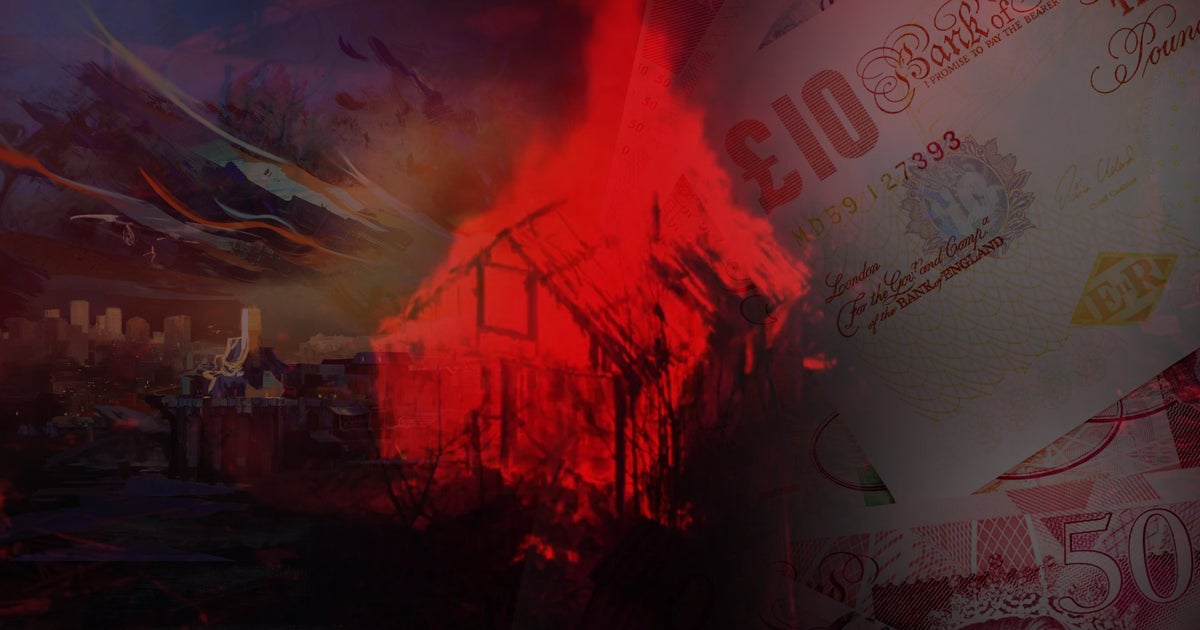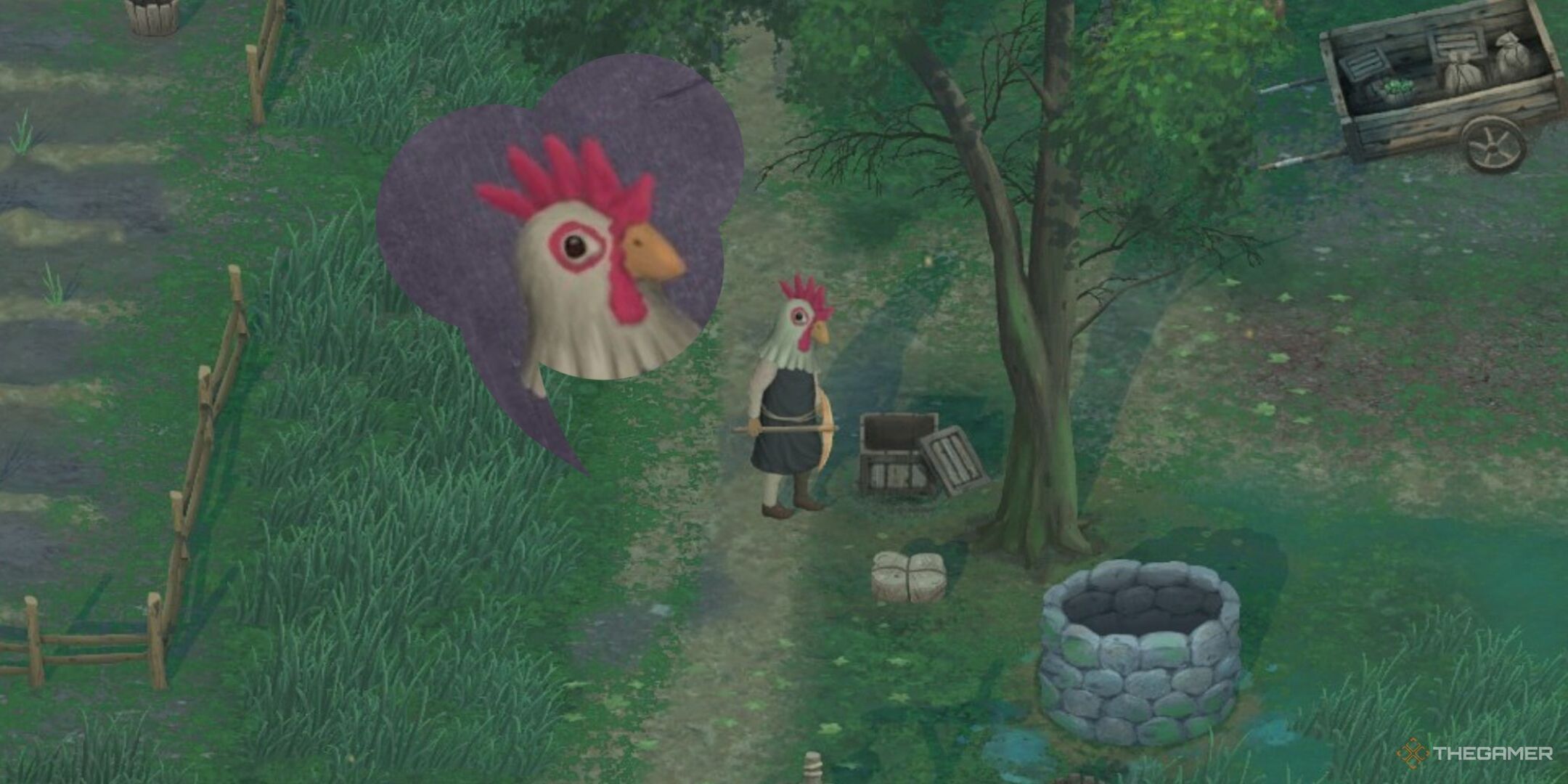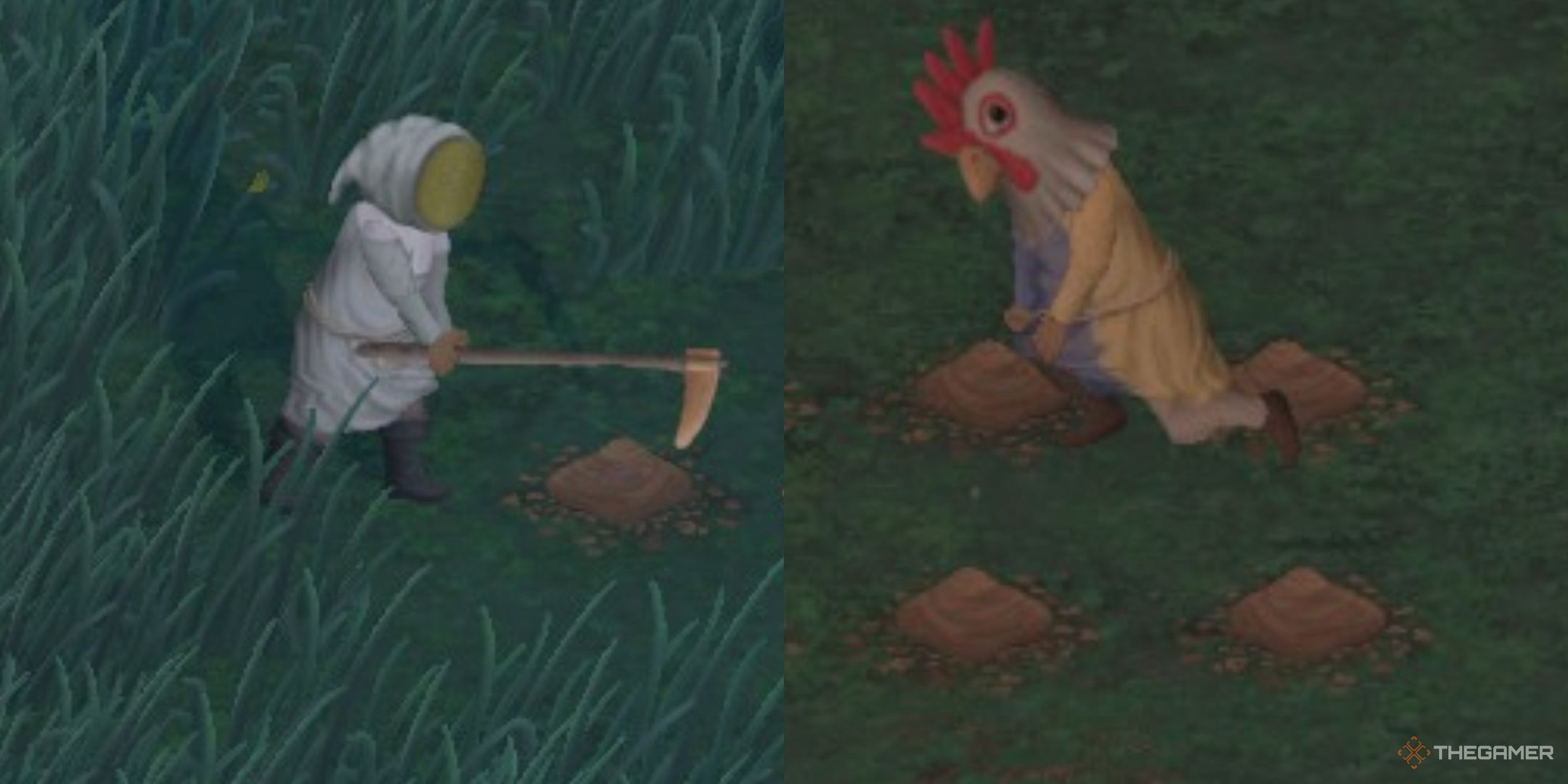It’s been a pretty depressing year for the games industry, with more layoffs and cutbacks than anyone can remotely justify, as corporate bigwigs still take home huge compensation packages, or waltz into golden parachutes. As much as they can, developers are trying to fight back against this tide of misery, but it’s a tough task, as the developers at not quite Disco Elysium sucessor studio Summer Eternal know all too well.
The group was clear to outline when they announced the collective’s formation that they believe it won’t be an ideal solution to all of the problems the games industry causes for developers right now, but rather something that’ll have to try and exist as best it can within the confines of the established system. With this in mind, I recently asked some of Summer Eternal’s devs how they feel about the chances that the games industry can actually be changed so it can offer a brighter future for developers than our current bleak status quo, as part of an interview which you can read the main bit of here.
“The strikes and pickets we are seeing these days at the Ubisoft premises are the first step towards more power for the workers in the industry,” Aleksandar Gavrilović, who played a big role in coming up with Summer Eternal’s structure, told me, “I myself ascribe to the accelerationist view that the only way to achieve better conditions is to enter crises which underline the contradictions of society and force us to remake the world.
“The past decades have been quiet for game developers, and my own efforts in unionising have only had limited success (a few signed collective agreements locally), as the time was not right. Now, after tens of thousands of layoffs, the time seems right for game developers to stand up for their rights against systemic greed.
“I am still eagerly awaiting a second crisis, one which would spotlight the largest structural issue in game development – the fact that one third of all PC revenue from all developers (from indies to AAA) is syphoned to digital fiefdoms, of which Valve is the most egregious example. I can imagine a near future with more worker power, but I lack the imagination to envision the replacement of Valve with a community owned alternative. That ‘winter castle’ will not fall as easily, but we should at least start openly discussing alternatives.”
Meanwhile, former ZA/UM writer Dora Klindžić said: “It’s true, Summer Eternal will not fix the games industry, although as a byproduct of our operation we might generate a panacea for agriculture, astronomy, inaccurate bus timetables, those hoax messages that target your mom, local elections, and syphilis. I think this industry is finished. But fortunately for everyone, video games are not.”
For more reflection on the state of the video games industry in 2024, when it feels like the good (great video games), the bad (layoffs and closures), and the ugly (also layoffs and closures) are flowing down the river of our hobby with a more head-spinning volume and pace than arguably ever before, check out this feature.
fbq('init', '1749355691872662');
fbq('track', 'PageView'); window.facebookPixelsDone = true;
window.dispatchEvent(new Event('BrockmanFacebookPixelsEnabled')); }
window.addEventListener('BrockmanTargetingCookiesAllowed', appendFacebookPixels);











Leave a Reply